Introduction to Halitosis Halitosis, commonly known as bad breath, is a prevalent issue that affects a significant portion of the…
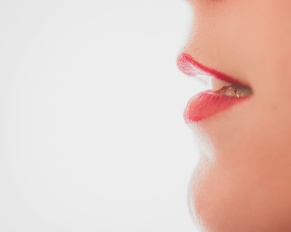

Introduction to Halitosis Halitosis, commonly known as bad breath, is a prevalent issue that affects a significant portion of the…

Tooth trauma, an unexpected and often alarming event, can occur at any time due to various reasons such as sports…
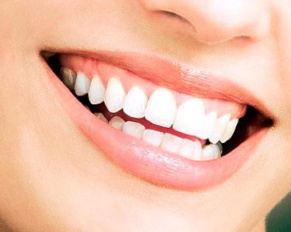
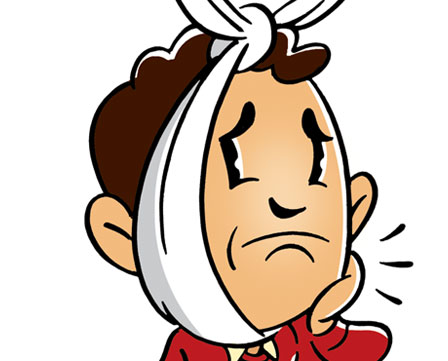 “This toothache is killing me!” Okay, this might be an exaggeration, but if you have a toothache now, or have ever had one in the past, you probably don’t think so. Anyone who has never had a toothache cannot possibly know the pain, not to mention the disruption it can cause in your life. You have trouble eating because you can only eat on one side of your mouth, and you often can’t stand any food that’s too cold or too hot. (And how many of the foods you love does this eliminate? In those cold Essex County winters, you can’t drink anything hot, and in those warm Jersey summers, you can’t eat anything cold!) You have trouble sleeping because the pain keeps you awake unless you reach, yet again, for pain killers. Yes, a toothache only seems like it’s not a big deal to a person who’s not suffering from one. So what caused your toothache?
“This toothache is killing me!” Okay, this might be an exaggeration, but if you have a toothache now, or have ever had one in the past, you probably don’t think so. Anyone who has never had a toothache cannot possibly know the pain, not to mention the disruption it can cause in your life. You have trouble eating because you can only eat on one side of your mouth, and you often can’t stand any food that’s too cold or too hot. (And how many of the foods you love does this eliminate? In those cold Essex County winters, you can’t drink anything hot, and in those warm Jersey summers, you can’t eat anything cold!) You have trouble sleeping because the pain keeps you awake unless you reach, yet again, for pain killers. Yes, a toothache only seems like it’s not a big deal to a person who’s not suffering from one. So what caused your toothache?
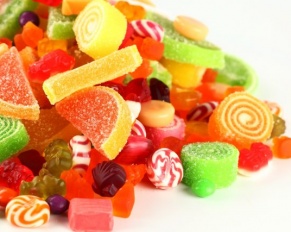
Some foods that harm your teeth are obvious. For instance, everybody knows sticky, sugary candies are bad for teeth. Most of us also likely know that sugary carbonated beverages are bad for teeth. But did you know that ice can also harm your teeth? And what about coffee? How bad (or good) is coffee for your teeth? Arming yourself with valuable information about the different foods you eat that can harm your teeth is the first step to taking control of your oral hygiene. And it may just be the most important step. Following is valuable information from top dentists in Clearwater regarding some of the most harmful foods for the health of your teeth and all their supportive structures.

The causes of a toothache are many. Thankfully, the preventions are many more. For most people, preventing a toothache is often as easy as eating the right kinds of foods and setting aside just a few minutes each day to concentrate on good oral care. Staving off a toothache naturally can be the simplest and most cost effective way to living a life free of tooth and mouth problems. Top dentists in Essex County offer the following five natural ways to prevent a toothache in order to remain tooth-pain-free.
You already know it, but it bears repeating: preventing a toothache starts by preventing tooth problems in the first place. Unless you’re battling a situation that makes toothache prevention difficult such as dry mouth caused by medications or a medical condition, in most cases, bad oral hygiene is the root cause of toothaches. So wait … then doesn’t that mean that good oral hygiene is the root cause of prevention? Absolutely!
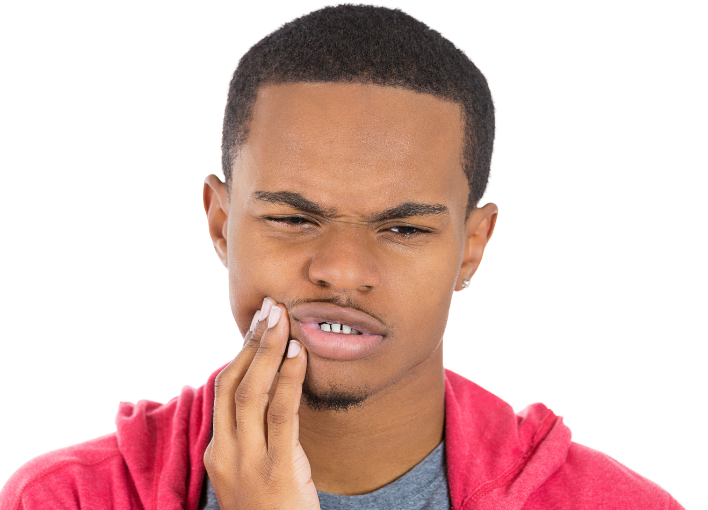 No one is immune to getting a toothache. Though many ailments in life tend to fall on older people, to be candid (and obvious), anyone who has teeth can get toothaches. The causes of toothache in young adults typically involve what they eat and how they care for their teeth. Unfortunately, young people often don’t eat the type of diet that enables optimum oral care. Foods that contain refined sugars and starches are among the worst culprits for poor diet among young adults. Even juices that are considered healthy can lead to toothaches. Another miscreant that causes toothaches in young adults is dental hygiene, particularly if they find themselves too busy to stop for a good brushing or flossing. Finally, not visiting a dentist on a regular basis is a big cause for toothaches in young people who often don’t have the means or insurance to see a professional. Family dentists in South Orange have compiled information about the causes of toothaches in young adults, as well as remedies. For more information about ways to reduce the risk of toothache contact a top dentist near you today.
No one is immune to getting a toothache. Though many ailments in life tend to fall on older people, to be candid (and obvious), anyone who has teeth can get toothaches. The causes of toothache in young adults typically involve what they eat and how they care for their teeth. Unfortunately, young people often don’t eat the type of diet that enables optimum oral care. Foods that contain refined sugars and starches are among the worst culprits for poor diet among young adults. Even juices that are considered healthy can lead to toothaches. Another miscreant that causes toothaches in young adults is dental hygiene, particularly if they find themselves too busy to stop for a good brushing or flossing. Finally, not visiting a dentist on a regular basis is a big cause for toothaches in young people who often don’t have the means or insurance to see a professional. Family dentists in South Orange have compiled information about the causes of toothaches in young adults, as well as remedies. For more information about ways to reduce the risk of toothache contact a top dentist near you today.
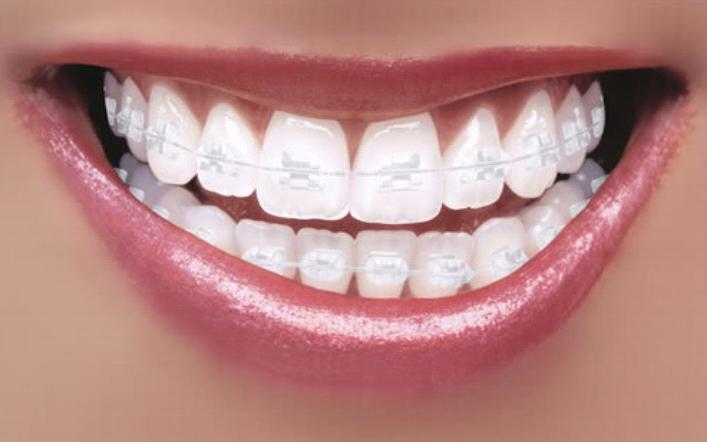 Chances are slim to none that your teeth are 100% perfect. If you made it through the childhood years and sports activities and managed not to chip, otherwise damage or lose a tooth or two along the way, please consider yourself lucky. The teeth you offered the Tooth Fairy in exchange for loose change do not count – we are talking about your permanent teeth.
Chances are slim to none that your teeth are 100% perfect. If you made it through the childhood years and sports activities and managed not to chip, otherwise damage or lose a tooth or two along the way, please consider yourself lucky. The teeth you offered the Tooth Fairy in exchange for loose change do not count – we are talking about your permanent teeth.
Regular visits to the dentist help to maintain good dental hygiene and regular check-ups by the dentist and visits to your dental hygienist will keep your teeth healthy and strong and plaque free. You might have been lucky enough to have a stellar smile without the need of braces, but, did you know that once your pesky wisdom teeth decide to put in an appearance, that their emergence can wreak havoc with that beautiful smile? Well more about wisdom teeth later.
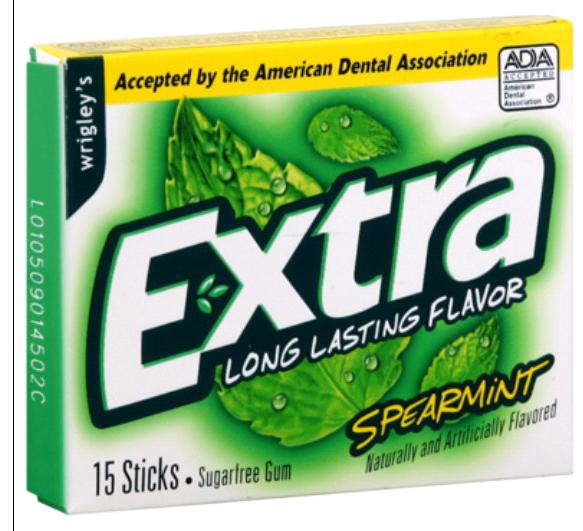 Halloween can be pretty scary, and not just for its ghosts, witches, and goblins. Halloween has been known to frighten more than just a few parents for what all that gooey, sugary candy can do to their kids’ teeth. Thankfully, as a parent, you don’t have to make your kids opt out of all the Halloween fun just because you don’t want their teeth to end up looking like that candy corn they’ve been scarfing by the boatload. In fact, it likely will surprise you to learn that some of the candy they get for for trick or treat may even be good for their teeth. For instance, sugarless candies can actually benefit teeth. But what about the rest of them? Is one sugary candy just as bad as another? Or are all Halloween candies that contain sugar as ghastly as those costumes they picked out? Here are some dental health tips for parents at Halloween about the best and worst Halloween candy for teeth.
Halloween can be pretty scary, and not just for its ghosts, witches, and goblins. Halloween has been known to frighten more than just a few parents for what all that gooey, sugary candy can do to their kids’ teeth. Thankfully, as a parent, you don’t have to make your kids opt out of all the Halloween fun just because you don’t want their teeth to end up looking like that candy corn they’ve been scarfing by the boatload. In fact, it likely will surprise you to learn that some of the candy they get for for trick or treat may even be good for their teeth. For instance, sugarless candies can actually benefit teeth. But what about the rest of them? Is one sugary candy just as bad as another? Or are all Halloween candies that contain sugar as ghastly as those costumes they picked out? Here are some dental health tips for parents at Halloween about the best and worst Halloween candy for teeth.
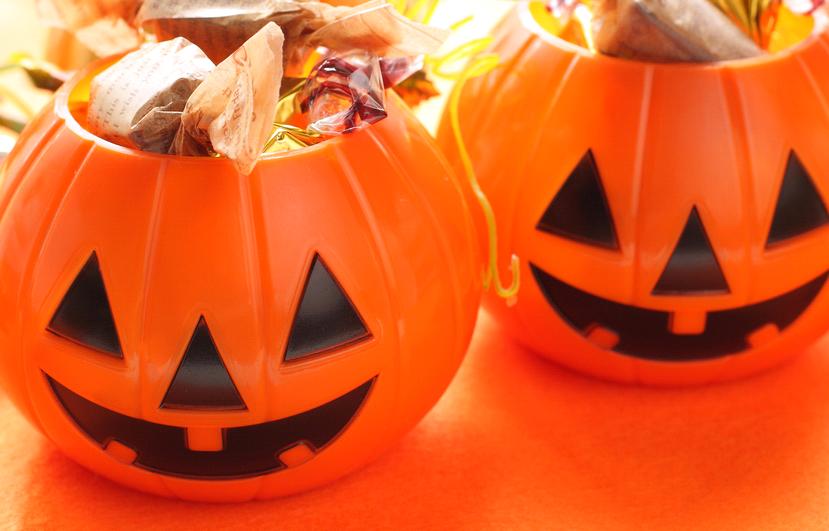 Impossible, right? Actually, it’s very possible. As a parent, you probably cringe every year about this time thinking about all that candy your kids are going to get on their fun night of trick-or-treating. And all that sugar swishing around in their mouths, well, it’s on a mission to destroy your kid’s teeth and tooth structures. But it doesn’t have to be that way. There are things you can do as a parent to help your kids get through Halloween and all its sugary ghoulishness without coming out on the other end with a mouth full of cavities. Here are some tips from dentists in Clearwater for parents of trick-or-treat-age kids on how to survive Halloween without cavities.
Impossible, right? Actually, it’s very possible. As a parent, you probably cringe every year about this time thinking about all that candy your kids are going to get on their fun night of trick-or-treating. And all that sugar swishing around in their mouths, well, it’s on a mission to destroy your kid’s teeth and tooth structures. But it doesn’t have to be that way. There are things you can do as a parent to help your kids get through Halloween and all its sugary ghoulishness without coming out on the other end with a mouth full of cavities. Here are some tips from dentists in Clearwater for parents of trick-or-treat-age kids on how to survive Halloween without cavities.
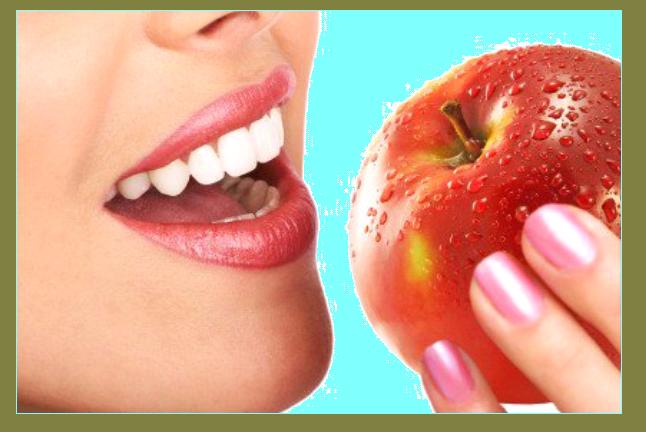 What you eat has a huge impact on your oral health. It seems so obvious, doesn’t it? Pretty much everything we eat or drink touches our teeth in one way or another. We chew certain foods. We drink liquids, and they pass over our teeth. So, if everything we eat has an impact on our teeth, then why do so many of us not consider our teeth and our diets when we’re considering what to have for lunch? The fact is that diet plays a huge role in dental health, but not just because foods and beverages come into direct contact with our teeth. The nutrients found (or not found) in foods also play a vital role in the health of our teeth. Following are answers to common oral health questions about how various vitamins and minerals affect the health of your teeth.
What you eat has a huge impact on your oral health. It seems so obvious, doesn’t it? Pretty much everything we eat or drink touches our teeth in one way or another. We chew certain foods. We drink liquids, and they pass over our teeth. So, if everything we eat has an impact on our teeth, then why do so many of us not consider our teeth and our diets when we’re considering what to have for lunch? The fact is that diet plays a huge role in dental health, but not just because foods and beverages come into direct contact with our teeth. The nutrients found (or not found) in foods also play a vital role in the health of our teeth. Following are answers to common oral health questions about how various vitamins and minerals affect the health of your teeth.